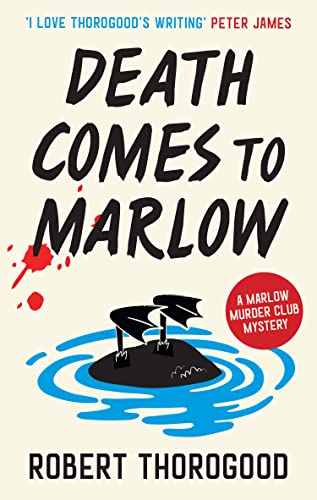This blog post is brought to you by regular Book Blog contributor, Professor Matt Giddings!
Boy, I like fantasy novels. I also kind of like horror – I’m more of a fan of Stephen King as a specific writer than a fan of horror generally.
But, I really like vampires. I read Dracula as a kid, and I saw Francis Ford Coppola’s film when it came out, and that was it. I was a vampire enthusiast. However, (I’m going to try and put this as diplomatically as I can) recent depictions of vampires in fiction have, let’s say, disappointed me. I never liked Anne Rice’s vampires, and the idea of vampires lurking in plain sight in a high school was not my cup of tea. I rather liked Brian Lumley’s vampires, and I wondered if I’d ever see some that interested me as much.
Then, one fateful day, I picked up a copy of Jay Kristoff’s “Empire of the Vampire.” Right off the bat, the title had me – I do love me a good Empire (or a bad one too, at the rate). I was blown away. Kristoff’s vampires are as evil and monstrous as Lumley’s but as suave and debonair as Rice’s – a refreshing middle ground.
But there’s something else- two things in fact. The first is the scale, scope, and genre of this book. Kristoff not only wrote a doorstop, it’s the first in a trilogy (as I write this, the 3rd book is speeding towards my home, borne in the back of an Amazon truck. No creepy carriage, but still, one makes do.) Additionally, the book in many respects looks like a fairly typical fantasy novel – there’s the obligatory map at the front, and a healthy amount of world-building in the book. One reviewer, highlighting these aspects, noted the fusion of epic fantasy with a more horror novel-ish series of tropes and called the series ‘epic horror.’ I think this description fits perfectly.
This brings us to the tone. The best way I can put it is this – imagine if the most edgy goth teenager in your high school had an interview with a good writer. You know the kind of person I mean – black eyeliner, all black clothes, highly specific taste in music, writes self-pitying (and bad) poetry, the whole nine yards. So, here’s Jonn Q. Goth in a room with a good writer and the writer says, “got an idea for a trilogy?” and the goth pulls out a pile of laboriously decorated, heavily used lab notebooks full of writing and says, “you bet I do!”
The characters in this novel are broadly drawn – tough, gruff, muscled good guys with dark pasts and violent inclinations, naïve ingenues who hope for the best, world-weary and cynical soldiers, and hardened and suffering peasants. Oh, and vampires. The awesomest vampires. Creepy, old, vain, malevolent monsters that look at us like we’re food - because we are. Somehow, this slapdash assemblage of B movie and highschool dungeons and dragons tropes works. It works amazingly. Largely because, I think, of Kristoff’s writing, which treats all of this as dead serious and deserving of careful attention.
So, what’s all this actually about, you ask? Well, that’s the thing. I pulled this book off of the shelf because of the name, and I bought it because of the liner notes. And boy did it deliver. The setting is effectively Renaissance Europe, in terms of technology and general feel, and everything is pretty hunky dory. Until, one day, the sun goes out. Not all the way out, but it dims. And the dimming, which no one can explain, removes the ability of the sun to kill vampires. And so, the remote and minor threat that has long plagued humanity bursts forth in a blood soaked orgy of pillage and murder to stalk the land – the vampires are tired of living the dark and they want their own Empire. Do people fight back? Of course! Do they win? Well, it’s called Empire of the Vampire because by the start of the books, there already is one. Can the humans stop it before they all die, are turned, or fed to the slaughter farms? Well, you’ll have to read it to find out – and it will not disappoint!
As always, I’m over at the St. Augustine campus, so if you like scifi, horror, fantasy, table top games or any related nerd stuff, look me up! Swing by my office! I’d love to chat!












